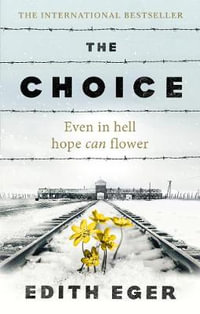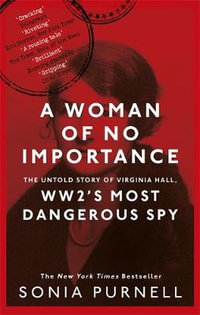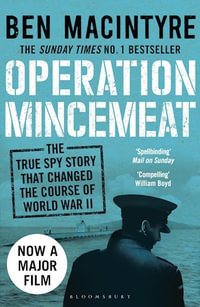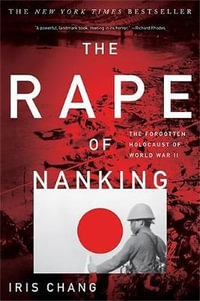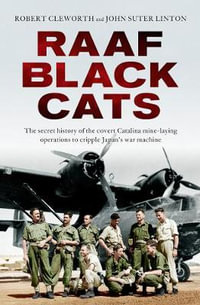By the spring of 1941, the enemy had taken much of Southern Europe: Bulgaria, Yugoslavia, Albania, Greece, and with Italy in the Axis it stood to dominate. The powerful British Naval Fleet and the amassed allied infantry of Britain, New Zealand, Australia, disposed Greeks, and the good people of Crete stood between the Axis powers and total control of the Mediterranean. This is the story of a soldier involved in the defence of Crete. The Luftwaffe commanded the air with their Stuka, Junkers and the formidable German Paratroopers: the Fallschirmjager. It begins with Jack Seed's part, as a Royal Engineer, in the Balkan Campaign of 1941. Starting with an account of the defence of Crete, it tells of the retreat from an overpowering enemy and of a determined survival until the victorious moments of the war's end. Along with his comrades, Jack was taken prisoner of war and moved from Stalag to Stalag in railway trucks, enduring terrible hardships at the hands of his German captors for four years. With barely enough food to keep body and soul together, he and his fellow captives were sent out in gangs to work, often in perishingly cold conditions. They devised ways of getting extra food, but their schemes were often discovered by the German guards. They burnt the wood from their bunks in order to keep warm at night. They grew weak and weary and wondered how much more hardship they could stand. But finally, Hitler was dead, Germany had surrendered and the war was over. Within days, Jack was bound for home, flying over the white cliffs of Dover. He had survived. Jack Seed wrote his Second World War memoir during the 1970s, typing two copies for posterity on a mechanical typewriter. Like many with such experiences, his writing was not for any notion of reward, but to formalise his own lasting experience of the Second World War. Now, almost eighty years later, that story is shared. AUTHOR: Jack Seed (1920-2005) had his beginnings and early life growing up in Huddersfield, Yorkshire. From there, in over a 20-year career as a Royal Engineer, he travelled the world, experiencing its many different people, ways of life and the all the colour that brought. He was orphaned at an early age, and spent his teenage years lodging with relatives, joining the army at the at the earliest opportunity, just before the beginning of the Second World War. His devotion was to the Royal Engineers, joining as an entry level sapper and leaving as sergeant major. He saw action in the Second World War and later in the Suez Crisis of 1956. He spent much of his career abroad but ended up back in England training the next generation of Royal Engineers, passing on his skills and experience. After his army career he made his home in the hills of East Lothian, Scotland. He and his beloved wife had two children and now rest in a plot, adjacent to the North Sea, outside the Scottish town of Dunbar. This memoir is published by Andy Taylor, the author's grandson. 25 b/w illustrations


